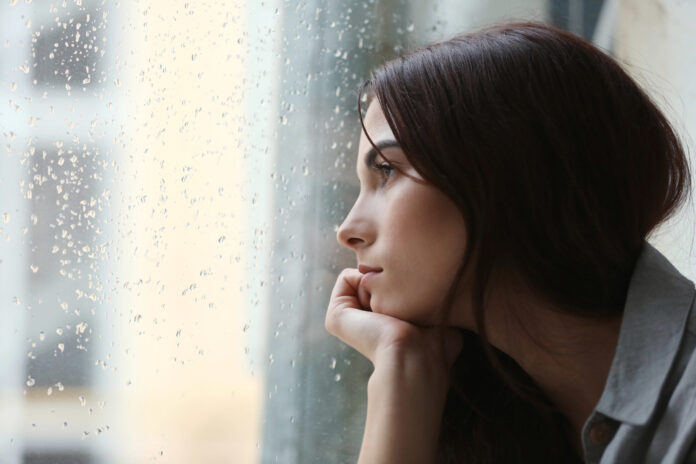Getting back to a normal pattern of refreshing sleep can require the practice of certain sleep promoting behaviours during the entire day and night.
During the day
*The following is especially important for people with stressful, high pressure jobs: Before leaving your place of work at end of work day spend some extra time, say ½ hour if necessary, noting down in your diary all the things you had hoped to complete but which will carry over into the next day. Committing them to memory is not good enough. Write them down. If completing a task, say making a phone call to get confirmation on a delivery time, requires special information, in this case a phone number, then take the trouble to get that phone number, client’s name and address or whatever, and write it down along side each of the tasks. Make sure your list of tasks to be completed tomorrow is exhaustive. If one or more of the tasks involves convincing someone of something or arguing, write down all the arguments you will use and write down all the objections and arguments your protagonist is likely to use and your best response to them. When this writing task is finally completed go home and do something you enjoy. Taking this advice seriously will mean you will not be lying awake at night cogitating on the likely scenarios you will face tomorrow. Not long ago I “cured” an executive of his anxiety, depression and sleeplessness with nothing more this advice. Although serious cases of anxiety and depression require appropriate
*Get a routine. Organise your day with regular periods for eating, doing chores, cultural or social activities – and going to bed, and getting up in the morning. In this way we develop an “inner clock” and keep it running in a coherent manner.
*Do your problem solving during the day. The very first point above is closely related to this idea.
*Avoid napping during the day or going to bed especially late or especially early. This is closely related to the “get a routine” point above. It also means getting out of bed at regular times. If sometimes you awaken very early just enjoy the “lie in” until it is time to get up. On the other hand don’t stay in bed past your predetermined optimum time for getting up.
In the evening
There will be nothing significant left in your mind about problems arising from the day because you will have taken the advice given in the first point under “During the Day”.
*Get some light exercise in the early evening. E.g. Take the dog for a walk after work, go for a jog or a walk along the beach or a bike ride, or go to the gym. But do not do this late at night or it will have the opposite effect to the effect desired.
*Get into the habit of “winding down” in the evening with some quiet activity such as listening to music or reading or say needle work (I practice my guitar scales).
*After 5pm do not drink coffee, coke or even tea.
*Do not use alcohol as an aid to sleep and keep your total intake moderate, recommended maximum daily intake 4 standard drinks for men, or two standard drinks for women. A standard drink is 285 ml (i.e. a “pot” or “midi” glass) of full strength beer, or 2/3 of a 175 ml glass of wine with 11.5% alcohol, or 2/3 of a 375 ml can of premixed cocktail. Try to have 2 alcohol free days per week.
*Make sure your bedroom, and your bed, is not too hot or too cold.
*Use your blinds or curtains to ensure the early morning light will not awaken you prematurely.
*Do not have a heavy meal close to bedtime. A light tasty snack is OK.
*Just before going to bed is a good time to go through a methodical relaxation routine. Progressive muscle relaxation as taught in yoga is a good example.
*Go to bed when you are sleepy .
*Turn the light off when you go to bed. Any reading should best be done before going to bed.
*Don’t watch TV in bed.
*Once you are in bed just be grateful that you are in bed and fully relaxing. Don’t fret about how long it will be before sleep comes.
During the night
*If you awaken in the night and you don’t feel sleepy then get up and do something until you feel sleepy again.
*If you live near a place where there are loud noises in the night or early morning, e.g. 24 hour traffic, building or engineering activities then get some good ear plugs.
*Try to avoid using sleeping pills as they do not establish a good sleeping pattern in the long run.

